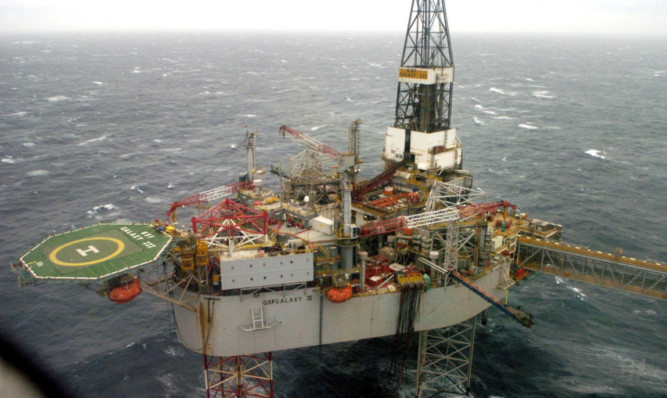A legal expert has backed down over claims that Scotland’s share of North Sea oil could be subject to years of legal wrangling in the event of independence.
Professor John Paterson from Aberdeen University had warned dividing the resources would not be a simple process.
When challenged with a Scottish Government statement which claimed an independent Scotland would be entitled to the vast majority of North Sea reserves, Professor Paterson said he would not “greatly disagree” with that position.
However, he added: “The lion’s share of resources are going to lie north of the border. On the other hand, I suppose what is an unknown quantity is the attitude of a future government of the remaining UK in the event we are dealing with independence.
“What sort of claim might they be minded to make, because clearly it is not going to be a matter of indifference? It can take many years of negotiations, or indeed dispute resolution procedures, to reach agreement on these matters.”
Professor Paterson said a number of issues needed to be examined around oil and gas ownership, including looking at the international maritime boundary and the issue of what to do with existing oil and gas licences.
A regulatory architecture to deal with oil and gas, which would also need to be established, Professor Paterson added.
The Scottish Government statement said: “International law makes clear that fields generating about 90% of the UK’s North Sea revenues will be in Scottish waters and the Scottish Government will respect the well-established principles of international law.”
It is believed that there is between 30 and 40 years’ worth of oil production left in the North Sea and the Scottish Government predicted that oil production in Scottish waters could generate £57 billion in tax revenue by 2018.
The UK’s Office for Budget Responsibility predicted oil revenue would drop from £6.7 billion this year to £4.1 billion by 2017-18.
